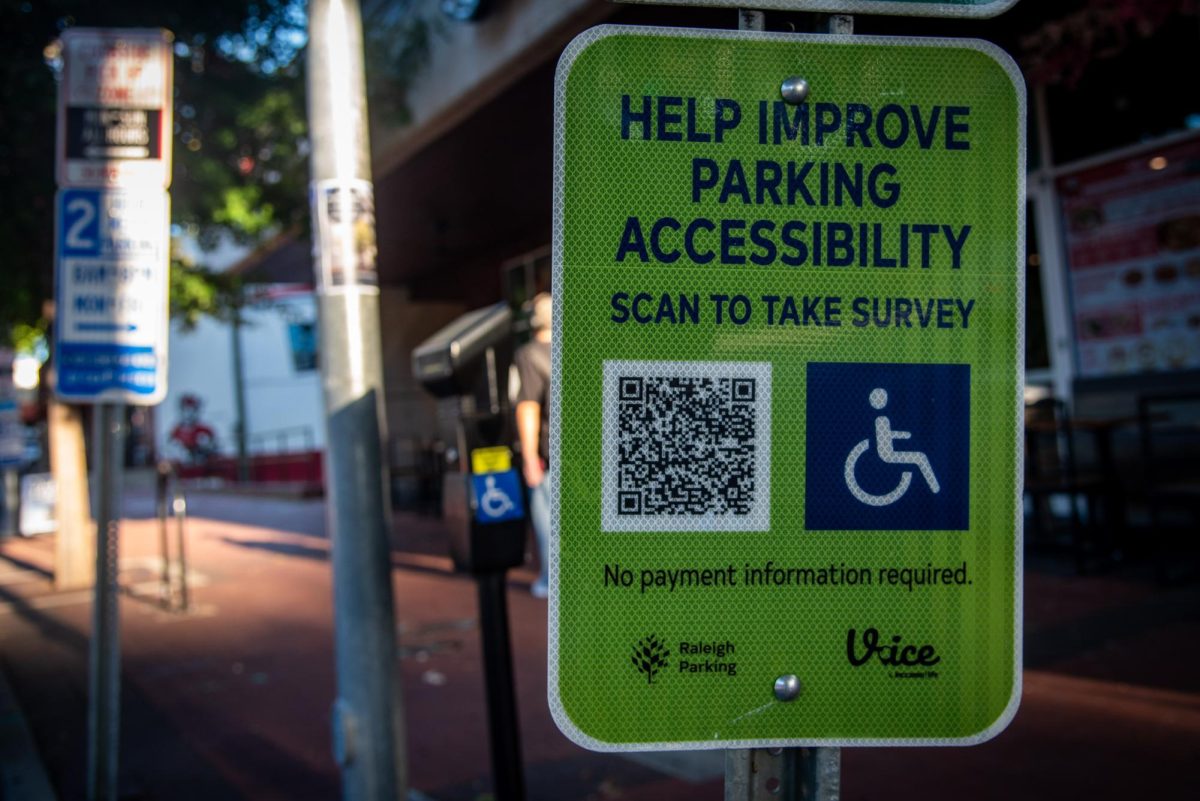The Division of Academic and Student Affairs has been without a vice chancellor since August 2019, when Mike Mullen stepped down from the position.
Kelly Wick, director of special projects and planning, said DASA oversees many of the programs that allow students to be able to balance their personal health with their academic success.
“This division provides oversight to various student programs, such as student housing, our ROTC programs and even the Student Health Services,” Wick said. “The vice chancellor position is the overseer of the whole of DASA.”
The Senior Vice Provost of Enrollment Management and Services, Louis Hunt, said DASA also incorporates exploratory studies, a program created for students who haven’t decided on a major, and provides them advising to best develop their interests and increase their success.
DASA was created in 2012 after the merger of two separate divisions: the Division of Undergraduate Academic Programs and the Division of Student Affairs. Mullen took the position of vice chancellor Aug. 1, 2012, after a role as the University of Kentucky’s associate provost for the Division of Undergraduate Education, and the dean of undergraduate studies. While employed at UK, Mullen led various programs directly involved in transforming the path to student success.
Mullen was NC State’s first DASA vice chancellor, making this the first nomination inquiry for a new leader.
According to Hunt, any DASA vice chancellor applicant is expected to have 10 or more years of experience leading large administrative or academic units and supporting the cultural and ethnic diversity of the student body. Candidates must have a relevant post-baccalaureate degree and be committed to the academic and social experiences of students.
Wick said the process of finding a new vice chancellor consists of four steps: the provost charging a search committee, a mid-search review, airport interviews, and finally, the provost will decide, taking into account the committee’s recommendation.
The search committee incorporates various representatives of invested parties, from the graduate and undergraduate student body presidents to a member of the Board of Trustees, with Hunt chairing the committee.
The committee will then evaluate and screen the applications that have been received to determine if the applicants meet the qualifications. This is the mid-review step, giving the committee its first chance to determine whether applicants move to the next step.
The third committee meeting narrows the field down to around 6-10 candidates and proceeds to set a plan for airport interviews.
Airport interviews are hosted in any given location that is close to the airport. The handful of candidates chosen during the third meeting will be flown into RDU and given an hour interview, allowing the committee to ask what it thinks the most important issues concerning the position are.
Once the airport interviews are finished, that same day, the committee will make a recommendation of 2-4 candidates that the committee chair, in this case Hunt, will pass on to the provost.
The last step in the process is inviting the final nominees to campus.
“After narrowing the field, we invite the finalists to campus for them to interact with the student body and sit down with the provost, who makes the decision about the best person for the position,” Hunt said.
The third meeting, leading to the airport interviews, has already been held. Once the interviews have concluded, the office of the provost will be announcing the finalists.





